
On Wednesday April 29th the University will join the rest of the world in an all-day celebration of dance by drawing on highlights from its recent programme and activities, including virtual performances of exceptional student work to keep you entertained at home. For a full list of all performances and projects across the University, click here https://www.edgehill.ac.uk/artscentre/international-dance-day-2020/
Throughout the day the Arts Centre and Performing Arts Department will be sharing films, images and stories about the importance of dance and its power to change lives, and the vital role that Edge Hill University plays in inspiring the next generation of dance professionals. The Arts Centre, which provides one of the most vibrant, eclectic and diverse programmes of dance in the region, presents the work of nationally and internationally-renowned dance artists, offering students the opportunity to collaborate on new projects and perform alongside professional companies.
The Research Centre for Arts and Wellbeing has hosted a wealth of dance and dance movement psychotherapy research studies, performances, events and publications which are listed below. We are also committed to the use of dance, movement and other arts based data to inform, evaluate and showcase research activities. To keep yourself updated follow us @artswellEHU on Twitter or Facebook or to add yourself to our mailing list email [email protected].
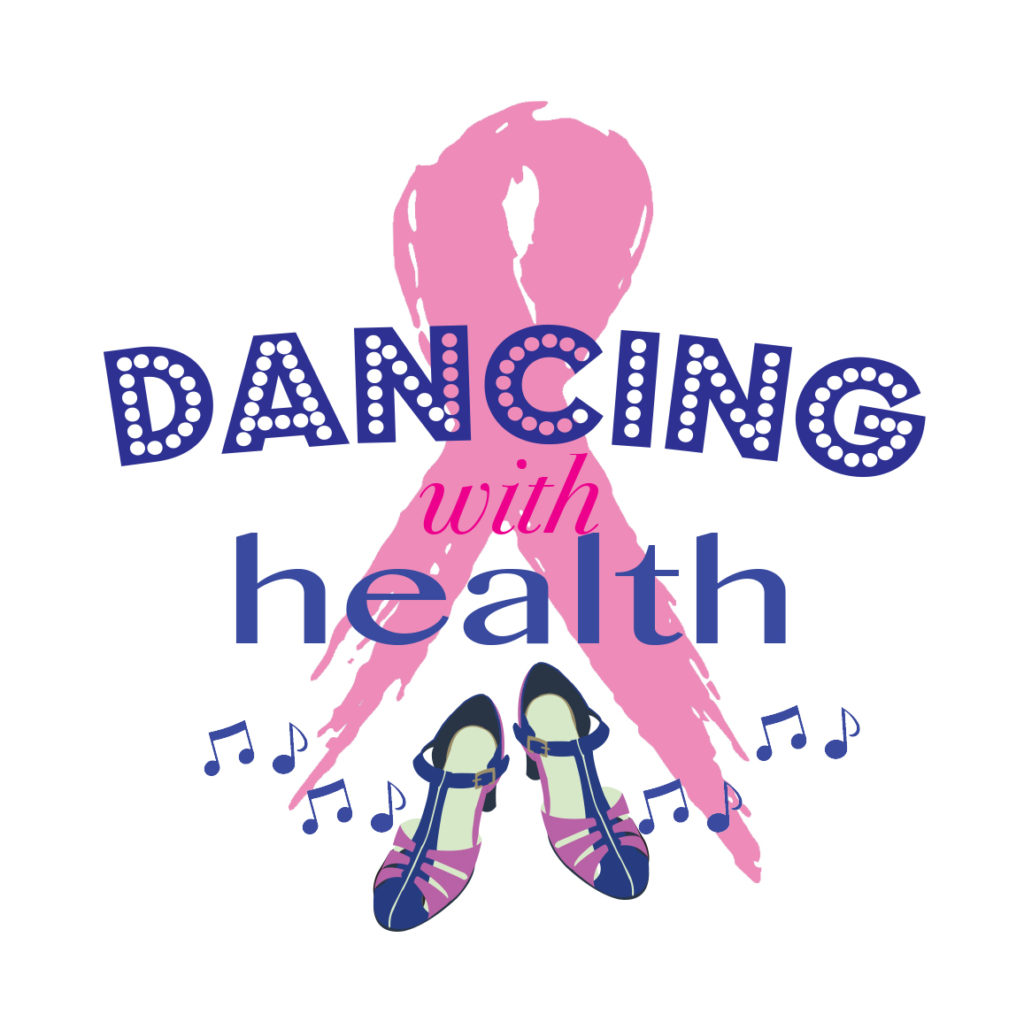

Dancing with Health
Therapeutic dance study for women with breast cancer
Edge Hill led the UK pilot of this European funded research project at Merseyside Dance Initiative in Liverpool, which involved the delivery of a sixteen week therapeutic dance programme designed for women who are in recovery from breast cancer, to support both their physical and psychological health. The programme has also been delivered in Italy, Lithuania, Bulgaria and the Netherlands. Edge Hill also hosted a free training weekend for dancers and exercise professionals who were interested in delivering the programme independently. A publication on the project is currently underway. For more information visit www.dancing-health.eu.

Bridging the Gap : Somatic Movement and Dance Practices in Healthcare
This three day special event led by Dr Gina Giotaki brought together health-care professionals, somatic-informed practitioners and dance artists. The event provided a space for discussion and exchange between the two fields, explored the scope of the interchange and discussed the needs for further research and future steps. It consisted of a symposium and a weekend workshop ran by Miranda Tufnell and Filipa Pereira-Stubbs and was attended by over fifty participants, consisting mainly of health care practitioners and professional dancers who have experience of working in health care settings. For more details click here
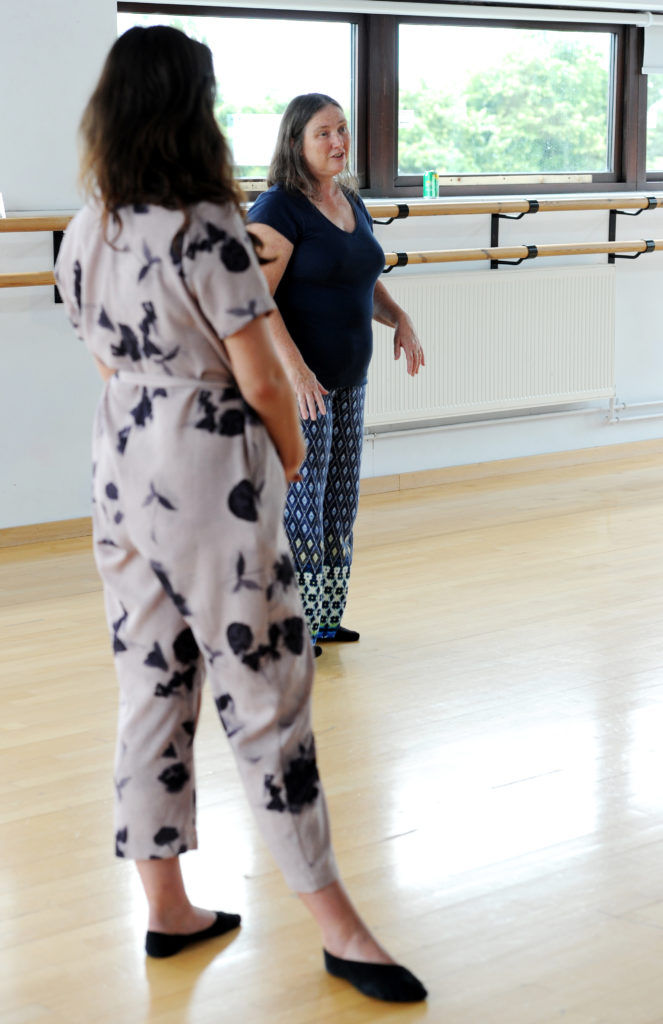
Dance Movement Psychotherapy with children on the autism spectrum and their caregivers
This research study by PhD student Supritha Aithal, has taken place both in India and in the UK, exploring how Dance Movement Psychotherapy (DMP) harnesses the therapeutic power of dance to alleviate distress and promote wellbeing. In particular this study looked at the parenting stress experienced by the caregivers of children on the autism spectrum. Findings from the Indian study can be found here https://www.sciencedirect.com/science/article/abs/pii/S0197455618300832 Findings from the UK study are currently in preparation.
Seesaw : A Dance of Concord and Discord
Drawing on the experiences and findings from the above research project, this Indian dance performance devised by Supritha Aithal explores themes such as brightness, darkness and moments of fear, courage, care, distress and hope.

Dance Movement Psychotherapy for the treatment of postnatal depression
Currently under development by PhD student Emma Perris, this study will research the experiences of women receiving dance movement psychotherapy treatment for postnatal depression. The perinatal period is transitory and transformational for the mother, both emotionally and physically. The use of body-based therapy will be explored to address perinatal mental health problems, giving a voice to women and a deeper understanding of how this treatment can be developed for this patient group.
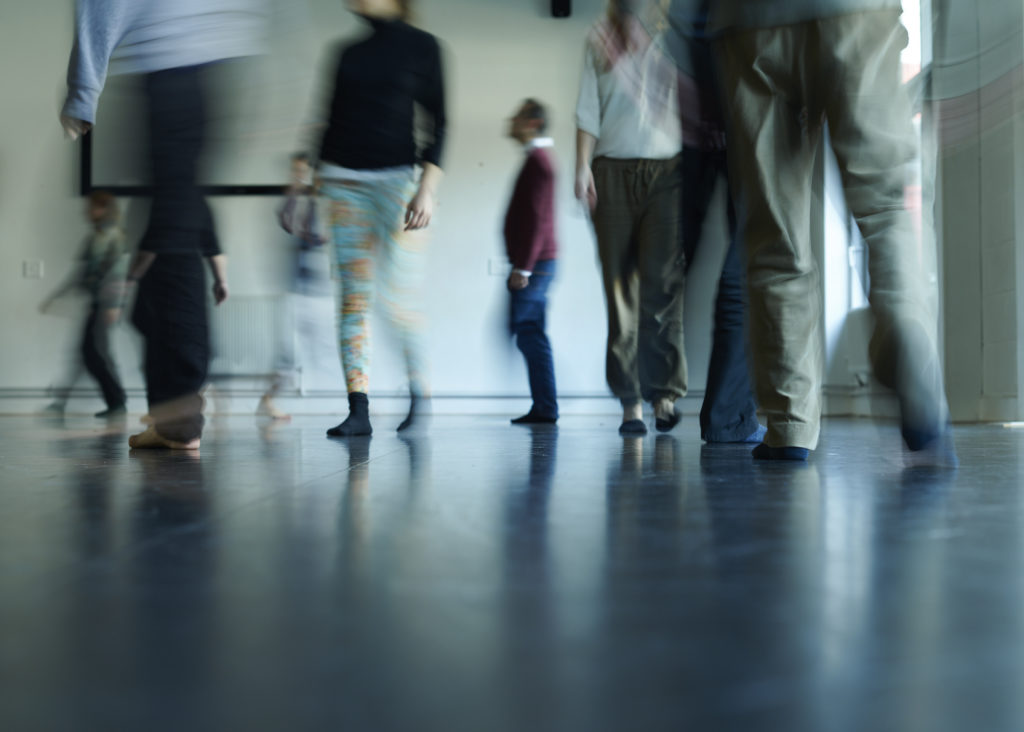
Arts for the Blues
A new creative psychological therapy
A large collaborative and multi-faceted project led by Edge Hill University including the NHS, Salford University and University of Cambridge, which has seen the devising of a new creative psychological group therapy, initially developed for people with depression. Dance movement therapy and mind-body approaches have strongly informed the design of the therapy, which also encompasses other creative modalities such as visual arts and writing. Numerous interventions have already been delivered in a range of NHS, charity and university settings with longer term interventions in various NHS services planned. Creative data used to evaluate the interventions include movement data generated by the participants. Please see the website www.artsfortheblues.com which features videos and links to two publications from this study.
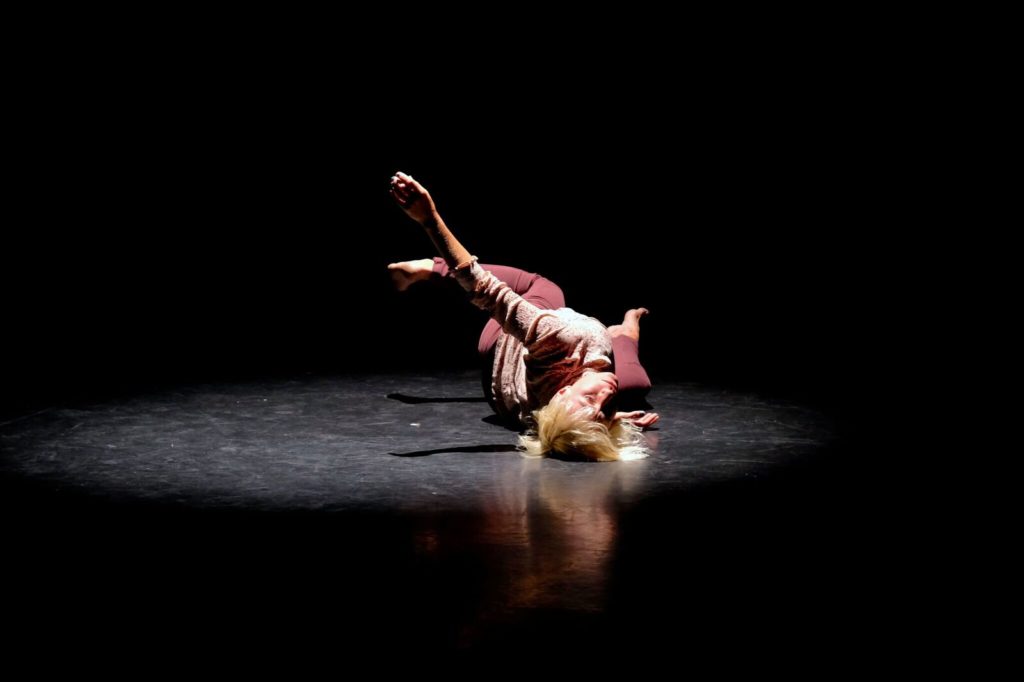
Dancing the Blues
Dancing the Blues was part of the initial development phase of the above project Arts for the Blues. A performance piece ‘Getting Out Of My Own Way’ explored four key concepts from research in the effectiveness of dance movement psychotherapy for people with depression : embodiment, relationality, movement metaphor and narrative. Developing out of improvisations between a dancer/choreographer, a poet and a musician, these concepts have been translated to movement, text and sounds and back again. www.dancingtheblues.org

ERA Arts Therapies Study
Dance movement therapy is an integral part of this ERA study, the largest funded study of effectiveness in arts therapies in the country. Art therapies include music therapy, dance-movement therapy and art therapy. These group therapies will be compared with group talking therapies to see if they are effective for people with different types of mental illness. This is a collaborative research project with numerous academic institutions, NHS Trusts, patients and commissioners https://www.elft.nhs.uk/ERA

Dance Movement Psychotherapy in schools
In this study by PhD student Zoe Moula, dance movement psychotherapists along with drama, music and arts therapists offered support to 64 children with emotional or behavioural issues across a number of mainstream schools. For more details of the publication please visit
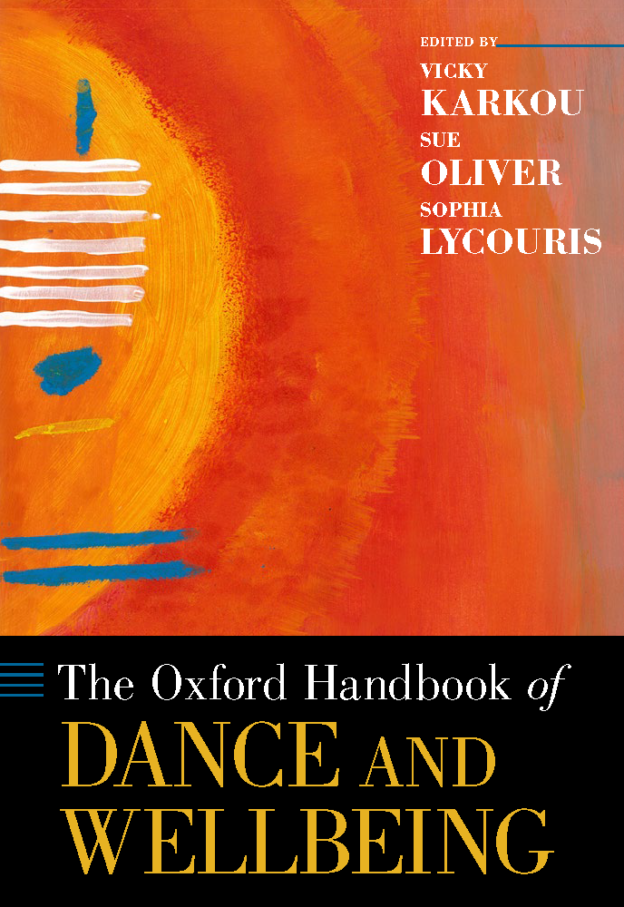
Oxford Handbook of Dance and Wellbeing
Arts Council England Chief Darren Henley spoke at a launch event for The Oxford Handbook of Dance and Wellbeing at Edge Hill University on Friday 23 February 2018.
This major work was launched with an array of performances, workshops and presentations exploring many perspectives on the relationship between arts and wellbeing. Colleagues from the UK, Germany, Austria, Italy, US and Argentina presented their contributions, discussed their perspectives and encouraged participants to engage with the topic through performances and workshops.
In recent years, a growth in dance and wellbeing scholarship has resulted in new ways of thinking that place the body, movement, and dance in a central place with renewed significance for wellbeing.
The new Oxford Handbook of Dance and Wellbeing, a large text book of 1000 pages with over 90 contributors from around the world, examines dance and related movement practices from the perspectives of neuroscience and health, community and education, and psychology and sociology.
Professor Vicky Karkou, Chair of Arts, Dance and Wellbeing at Edge Hill, is one of the book’s editors. She said: “I have spent over 25 years studying the area of arts psychotherapies and related fields, with focus on dance for wellbeing and movement psychotherapy, so it’s extremely exciting to have been so involved in this new book and to launch it at Edge Hill. Arts for Wellbeing is a key research theme for the University on which we are continuing to build.”
Professor Karkou and fellow Edge Hill academics Dr Mark Edward and June Gersten Roberts, who also contributed chapters to the book, were among those presenting their work on the day.
Darren Henley, Chief Executive, Arts Council England said: “Engaging in arts and culture can transform everyone’s life – young and old – and have a positive effect on both individuals and communities. From easing loneliness to enabling people to learn new skills to helping those with dementia or mental health issues, taking part in activities such as art or dance classes or visiting a museum can give a great sense of wellbeing. We’re passionate about ensuring that everyone has access to opportunities to enjoy arts and culture and I’m delighted to support the launch of The Oxford Handbook of Dance and Wellbeing.”
